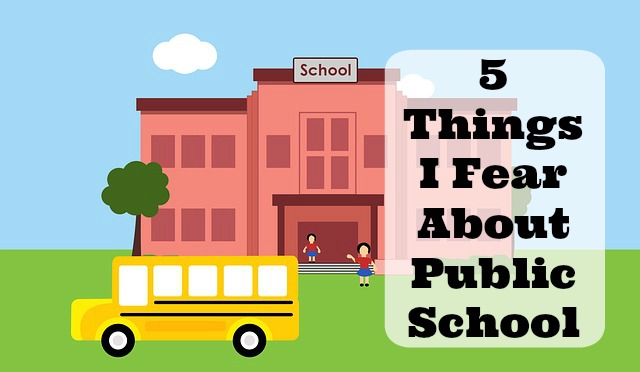
Recently, someone who didn’t know me too well started to shower down 20 questions about homeschooling and share her perspectives on the matter. I don’t know about you, but I seem to run into quite a bit of people who don’t get homeschooling and are quick to share their criticisms of it. This time, the matter seemed focused around the issue of fear. Was I afraid of public schools? Was I afraid of my child being exposed to different perspectives? Was I afraid of letting my child out into the world? You get the picture.
Of course, if you know me, you will know that I don’t believe in sheltering from different perspectives. I believe it is very important to expose my children to different religions, different political perspectives, different people, different cultures, and different ideas about the world. I want them growing up exposed to different ideas so that we can talk through them. I tend to think that a public school classroom is limiting in that regard. It is limited to perspectives outlined in the standard curriculum. The exposure to other people in a school setting is limited to who lives in your neighborhood.
But after the encounter with this individual, I realized that there are some things I fear about sending my children to public school. There are. And it has nothing to do with fear of exposing my child to different ideas.
5 Things I Fear About Public School
1. Stifled Creativity
I have two highly creative kids that would most likely wilt if they had to fit into standard curriculum requirements. Homeschooling gives them an opportunity to let their creativity flourish. Curriculum can be tailored to them and their unique view of life. Creative exploits can be woven throughout the day. I can’t imagine public school working well for them. I’m afraid that creativity would be seen as a negative rather than a positive if they were in public school.
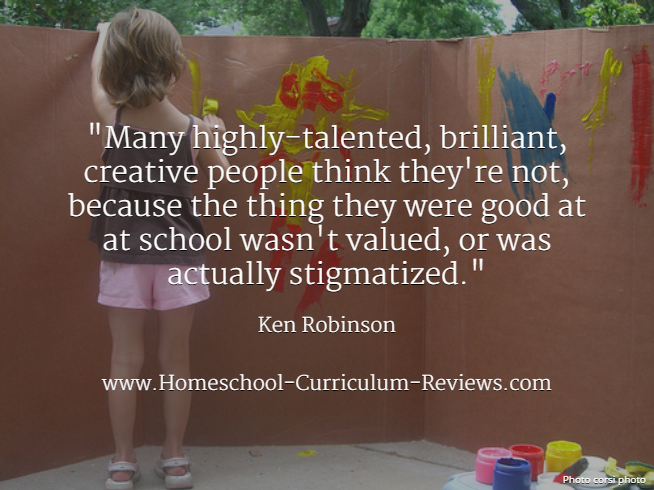
2. The Lessening of Individuality
Growing up outside the herd normalizes individuality. My kids have never been to school. Their normal is uniqueness. Recently, I was talking to my 13 year old about how everyone is different. He gets it. He has no desire to be like other kids his age. He is happy being himself. I told him that if he has learned nothing else through homeschooling, than this was worth it. Some people go their whole life without learning that. I’m afraid that public schooling would make my children less of themselves.
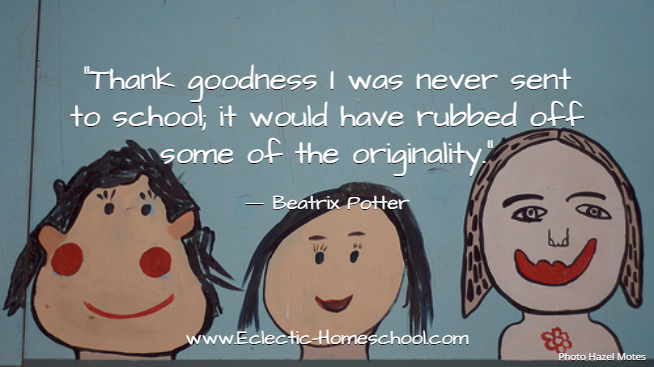
3. Associating Learning with Passing Tests
Schools are filled with test after test. Studying is done to be able to pass the test rather than acquire knowledge. When classrooms are filled with 25-30 kids, tests are often necessary for the teacher to evaluate what the child is learning. Homeschooling provides a way for my children to learn for life rather than a test. Socratic discussion is a favorite in our household. This provides a way for me to determine if learning is happening. We do have some tests as my children get older, but they not the focus. Learning is the focus.
The other day I looked at sample questions for an exam that was required for entrance into my former profession. It has been 14 years since I left my career to stay home with my kids. I did about 20 questions and then checked on how I did. I only missed one. Why? It isn’t because I have a superb memory – people who know me would state the opposite, lol. It is because I have long believed that learning is what it is all about. Learning sticks. When I studied those topics in school, I didn’t focus on learning for the short term, but for life. It took me much longer to study than others, but learning isn’t about passing a test. Learning is about learning. I’m afraid public schooling would distort that.
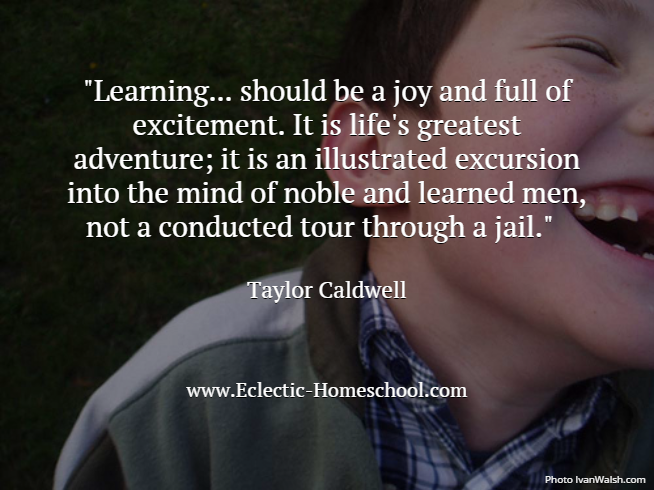
4. Being Unchallenged and Tuned Out
I’m afraid that my children would not be appropriately challenged in public schools. They have unique learning needs and asynchronous skills that are not easily fulfilled in a classroom environment. If I put my children in public schools, I would need to remain heavily involved just to make sure their needs were met. Frankly, I want their education to be more than just getting their needs met.
In education, there is a prevalent idea that if the child is doing fine in a subject all is well. I know that it is not so. Underachievement can happen when a child gets an A. This child might end up bailing when finally confronting something challenging in college. Intellectual struggle is something every child should get to practice.
Underachievement can also happen when a child needs to be engaged in order to learn. Boring assignments and busy work can suck up any desire to learn especially for the creative child. These kids may end up tuning out, become trouble makers, or drop out of school.

5. Not Truly Living
Childhood is short. In our culture the busyness of life has caught hold of our children. Most children wake up early, spend the day at school, come home and do homework, and participate in activities. There is little time to explore interests, be creative, hang out with family or friends, or just be bored. I believe that children should have chunks of unscheduled free time. I’m afraid that putting my children in public schools would take that away.
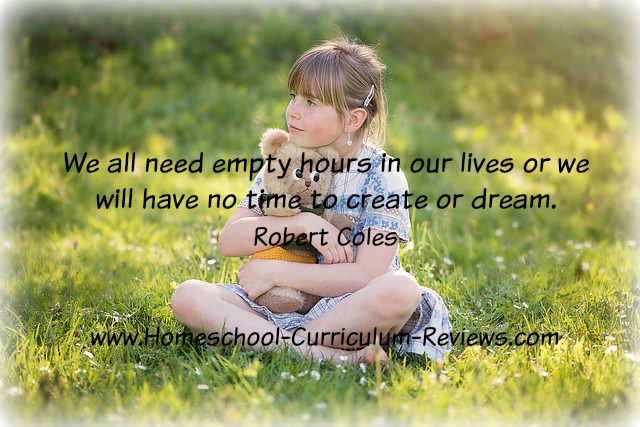
I’m not against public schools. I believe they are necessary and important in our society. There are many wonderful and devoted teachers that give their lives to imparting knowledge. I applaud them. I’ve worked among them professionally and have seen their devotion first-hand.
It is the system of public schooling that I fear – not the teachers or what is taught. I believe that growing up in a classroom environment robs my children of some very important things in life. I want my kids to be comfortable with themselves, to shine with their creativity, to be appropriately challenged, to find learning interesting, and to live free and full lives.
So yes, I do have fears about sending my child to public school. What about you?

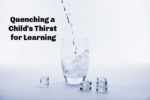


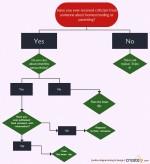
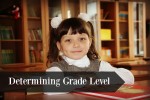
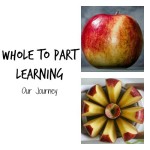
I agree with everything you’ve said here. I,too, have creative children. All four of mine fall into that category. My sons are late readers and I know that, in a public school, they would be made to feel dumb. In fact, when we had my eldest son tested for dyslexia, they actually said that his IQ was below average! Yes, the boy who learned algebra in 4 months, the boy who developed his own business idea and won a prize for it, the boy who is doing college prep physics–this boy has below average intelligence! I feel that schools put kids in boxes that end up stunting their potential, label them for life, and brainwash them into believing wrong ideas about themselves. Thank you for your post.
I totally agree. Some use intelligence tests that only look at verbal/language skills. A more accurate measure would look at visual-spatial-thinking skills that don’t rely on language.
If you judge a fish by it’s ability to climb a tree, you will always find it lacking, but if you judge it by it’s natural abilities, you may find that you have a genius. (Paraphrased quote, not sure who gets the credit for the original)